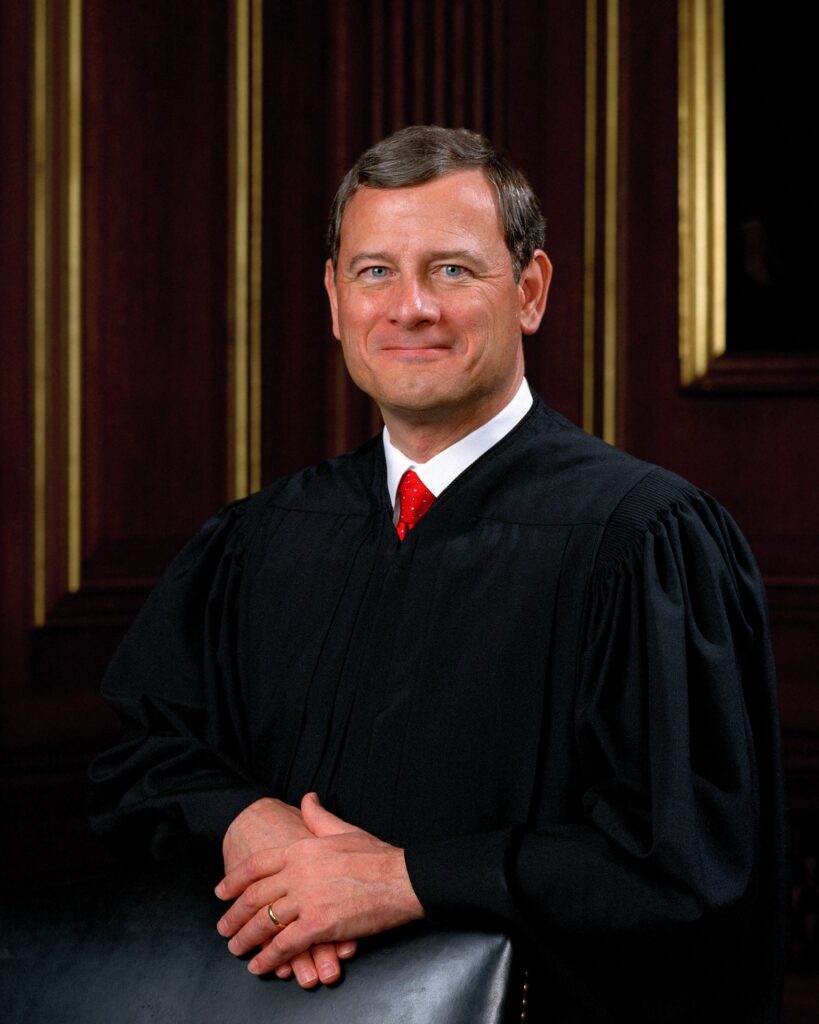The shadow docket and the judicial legitimacy crisis

Current federal judges are for obvious reasons extremely hesitant to criticize the Supreme Court, so this NYT survey (gift link) of more than 400 of them has some remarkable results.
The survey asked them to respond to the following:
The Supreme Court has made appropriate use of the emergency docket since President Trump returned to office.
First, only 65 responded, which isn’t surprising in and of itself (see above) but what IS surprising is that a total of only 12 judges appointed by Republican presidents (Trump himself has appointed 243) were willing to lend even off the record support for the SCOTUS’s abuse of the shadow docket to advance Trump’s agenda. Not a single federal judge appointed by a Democratic president was willing to do so. (36 of 37 who responded answered “no,” and one was neutral. The 28 GOP appointees who responded included 11 no votes and five neutral responses).
Given that among more than 400 federal judges only 12 were willing to support the SCOTUS’s shadow docket monkey business even anonymously is a sign of how much stress Chief Justice Balls & Strikes and his five enablers are putting on the legitimacy of the system, even among the very people most invested in defending the system’s legitimacy.
The Times did some ethnographic followup to the quantitive responses:
In interviews, federal judges called the Supreme Court’s emergency orders “mystical,” “overly blunt,” “incredibly demoralizing and troubling” and “a slap in the face to the district courts.” One judge compared their district’s current relationship with the Supreme Court to “a war zone.” Another said the courts were in the midst of a “judicial crisis.” . . .
Forty-two judges went so far as to say that the Supreme Court’s emergency orders had caused “some” or “major” harm to the public’s perception of the judiciary. Among those who responded to the question, nearly half of the Republican-nominated judges said they believed the orders had harmed the judiciary’s standing in the public eye. . . only two said public perception of judges had improved as a result of how the Supreme Court had handled its recent work.
All this illustrates the considerable extent to which the six right wingers on the SCOTUS are much bigger ideological hacks than the average GOP-appointed, and even Trump-appointed, federal judge. That’s both the good and bad news.


